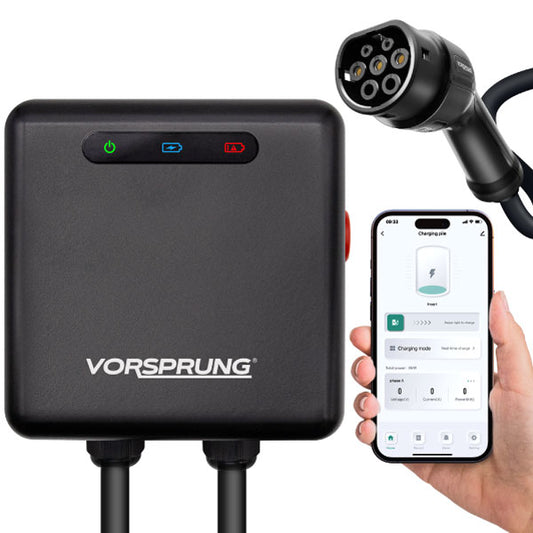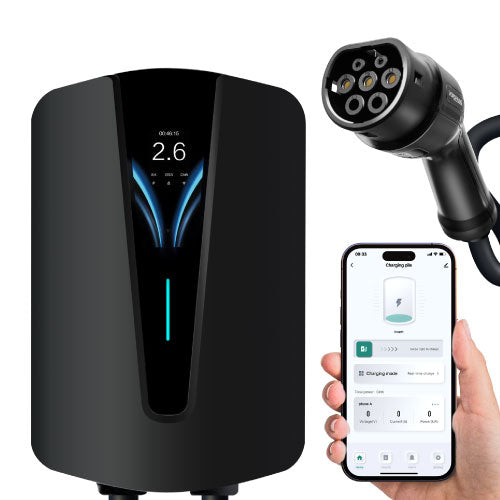Electric vehicles (EVs) are becoming increasingly popular, as more and more people become aware of the environmental benefits and lower running costs of these cars. However, with so many different types of EVs on the market, it can be difficult to know which one is right for you.
In this blog post, we will discuss the different types of EVs available, so you can make an informed decision about which one is the best fit for your needs.
Battery Electric Vehicles (BEVs)

Battery electric vehicles (BEVs) are the most common type of EV. They are powered by a large battery that is charged by plugging the car into an electrical outlet. BEVs have a range of about 100 to 300 miles, depending on the model.
Plug-in Hybrid Electric Vehicles (PHEVs)

Plug-in hybrid electric vehicles (PHEVs) have both an electric motor and a gasoline engine. The electric motor powers the car for short distances, and the gasoline engine kicks in when the battery runs low or when the car needs more power. PHEVs have a range of about 20 to 50 miles on electricity, and they can travel up to 400 miles on gasoline.
Hybrid Electric Vehicles (HEVs)

Hybrid electric vehicles (HEVs) are similar to PHEVs, but they do not have a plug-in port. The electric motor in a HEV is powered by the gasoline engine, and the battery is only charged when the car is braking or coasting. HEVs have a range of about 2 to 5 miles on electricity, and they can travel up to 400 miles on gasoline.
Fuel Cell Electric Vehicles (FCEVs)

Fuel cell electric vehicles (FCEVs) use hydrogen fuel cells to generate electricity. The electricity powers the car's electric motor, and the only emission from a FCEV is water vapor. FCEVs have a range of about 300 to 400 miles, and they can be refueled in about 5 minutes.
Which Type of EV is Right for You?
The best type of EV for you will depend on your individual needs and preferences. If you have a short commute and you can easily charge your car at home, then a BEV may be a good option for you. If you have a longer commute or you travel frequently, then a PHEV or HEV may be a better choice. And if you want the latest and greatest technology, then a FCEV may be the right choice for you.
No matter which type of EV you choose, you can be sure that you are making a good decision for the environment. EVs produce zero emissions, so they help to reduce air pollution and greenhouse gas emissions. They are also very efficient, so they can save you money on fuel costs.
If you are considering buying an EV, I encourage you to do your research and find the one that is right for you. EVs are the future of transportation, and they are a great way to save money and help the environment.










